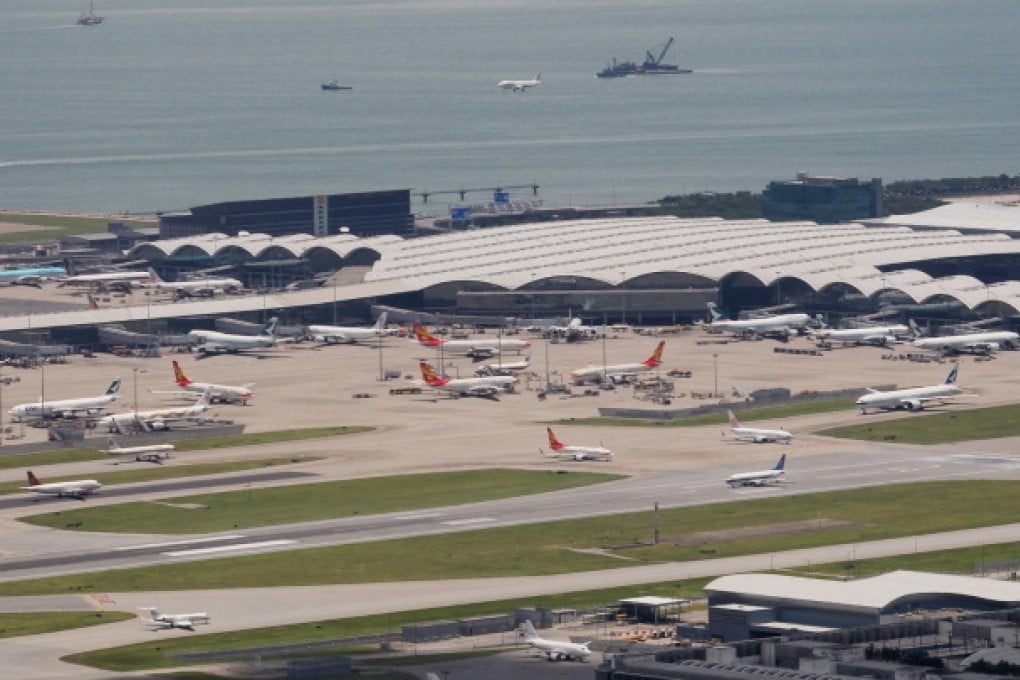Lai See | Is the aviation hub key to Hong Kong's economic prosperity?

Opposition to the third runway essentially centres on concerns about increased emissions and air quality and the effect that construction will have on the habitat of the pink dolphin.
There are those who say that the airport is big enough and if further capacity is required, then it should be built on the mainland. However, this would come at a considerable cost to Hong Kong's economy, some say. The real damage would be to erode Hong Kong's position, unique in the region, as a hub for regional and global multinational headquarters.
Hong Kong's appeal, the argument goes, lies in the ease with which high value-adding professionals are able to move around the region and the world, using Hong Kong as a base. In a recent presentation to the British Chamber of Commerce, public policy consultant David Dodwell said: "As of the end of 2012, Hong Kong was home to 1,367 regional headquarters of multinational companies - by far the largest clustering in Asia." These, he says, directly employ about 140,000 people. About 70 per cent of them say that Hong Kong's transport infrastructure is a significant factor in choosing it as a headquarters. Over half of them engage in trade, wholesale and retail businesses, while a quarter are involved in professional, business and education services, and financing and banking.
"Clustering of these high value-adding industries in Hong Kong in turn further strengthens it as a business hub, attracting the world's leading legal and accounting firms and many other professional services providers," Dodwell says.
Hong Kong, he says, is one of three cities in the world that have significant business clusters of this kind, along with London and New York. Even if the third runway is completed on schedule in 2018, he thinks the airport will have reached capacity by 2025, five years ahead of projections. Current levels of demand at the airport were forecast for 2025 back in 1998, when it was opened. Dodwell argues that if the capacity is not expanded, then this will affect Hong Kong's appeal as a regional hub, multinationals will begin to look elsewhere and its business clusters will begin to unwind.
People are already talking about a fourth runway, but there are estimates that this would cost more than the original airport together with the rail infrastructure.
What are the options? In 1997, it was widely (and incorrectly) predicted that the handover would spell the end of Hong Kong as a business centre. If we accept the argument that an efficient aviation hub is vital to maintaining business clusters in Hong Kong, does it mean that the end is now looming with the inability to increase the capacity of the airport?

